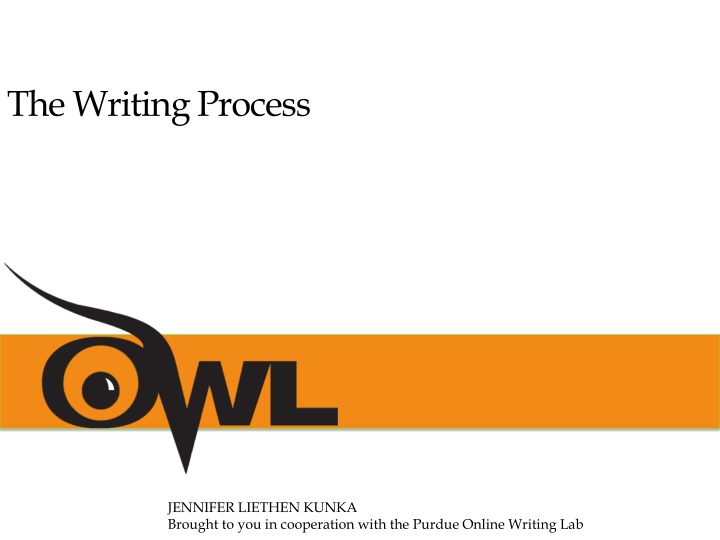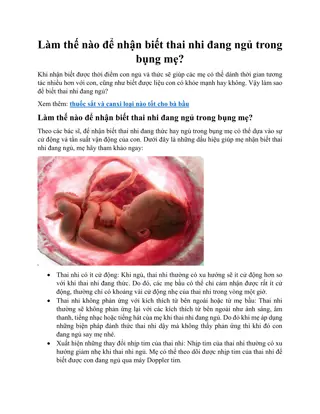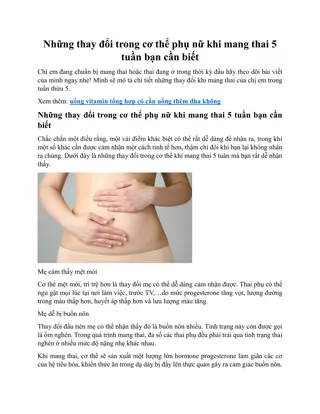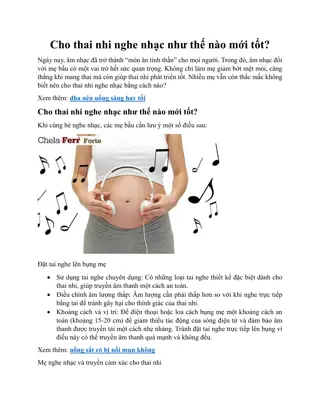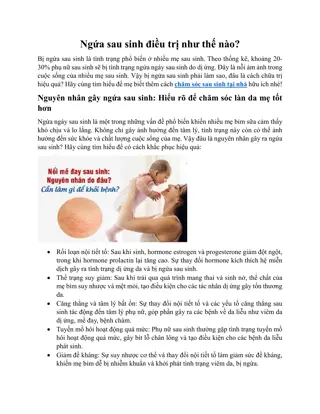The Writing Process: A Comprehensive Guide to Effective Writing
Explore the step-by-step process of writing, from invention and composing to creating an outline and revising. Learn strategies, tips, and schedules to enhance your writing skills successfully.
Download Presentation

Please find below an Image/Link to download the presentation.
The content on the website is provided AS IS for your information and personal use only. It may not be sold, licensed, or shared on other websites without obtaining consent from the author.If you encounter any issues during the download, it is possible that the publisher has removed the file from their server.
You are allowed to download the files provided on this website for personal or commercial use, subject to the condition that they are used lawfully. All files are the property of their respective owners.
The content on the website is provided AS IS for your information and personal use only. It may not be sold, licensed, or shared on other websites without obtaining consent from the author.
E N D
Presentation Transcript
The Writing Process JENNIFER LIETHEN KUNKA Brought to you in cooperation with the Purdue Online Writing Lab
How Do We Write? We Invent Compose Revise
Invention How to ? Invent
Invention Create a writing schedule based on the writing assignment: Argument Paper 5-7 pages, Times New Roman 12 pt. font, 1 inch margins. Minimum of five cited sources: 3 must be from academic journals or books Outline due: 10/17; Draft due: 10/24; Final Draft due: 10/30 Sample schedule:
Invention Before you start to write ask questions to explore your rhetorical situation: Purpose? Audience? Genre? Style? Research?
Invention Strategies Explore classic topics Ask stasis questions Use tagmemics Ask more critical questions Record ideas without revising or proofreading Freewrite & brainstorm Invent and organize ideas visually to explore relationships, processes Map & cluster Write personal explorations and reflections on ideas Keep a journal
Composing How to ? Compose
How Do We Write? Conduct research Narrow the topic Develop the thesis Organize ideas Write the first draft
Creating an Outline I. Introduction A. Set the context B. Explain why the topic is important C. State the thesis II. Body A. Build points B. Develop ideas C. Support the main claim III. Conclusion A. Reemphasize the main idea B. Restate the thesis
Revising How to ? Revise
Revising Review Revise Proofread
Revising Reviewing guide Clear thesis? Clear ideas? Organization of the paper From general to specific Information to support the thesis? Paragraph structure? Supporting details? Conclusion restates the thesis and overviews the main ideas
Revising Reviewing strategies Refocus Reorder Add Delete
Revising Proofreading guide The paper appears professional? Spelling and punctuation? Sentences clear and easy to read? Documentation style (MLA, APA, etc.)?
Revising Proofreading strategies Spellcheck / Grammar check Read your paper aloud Talk to your instructor Go to the writing lab Note: Spellchecks and grammar checks do not identify all the errors in a paper.
Recap: How Do We Write? We Invent Compose Revise
Where to Go for More Help Purdue University Writing Lab, Heavilon 226 Check our web site: http://owl.english.purdue.edu Email brief questions to OWL Mail: https://owl.english.purdue.edu/contact/owlmailtutors
The End THE WRITING PROCESS JENNIFER LIETHEN KUNKA Brought to you in cooperation with the Purdue Online Writing Lab
